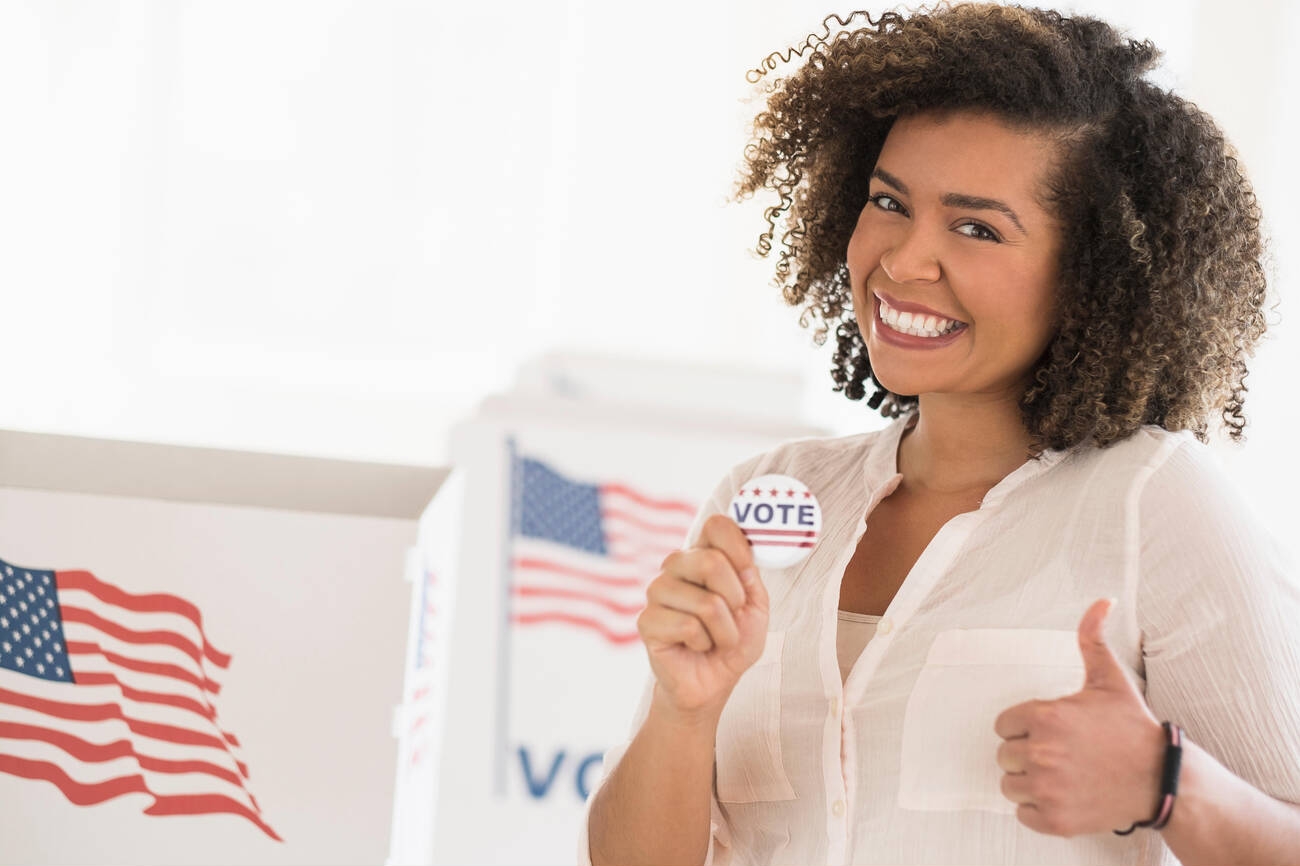Step right up and discover the key to understanding African American voting behavior! In this article, we delve into the crucial role of foreign policy in shaping their decisions. You’ll uncover how domestic issues like the economy, healthcare, and racism take precedence, but don’t be fooled – the connections between global affairs and daily life can’t be ignored. We explore why political candidates must address these concerns head-on, while also considering varying levels of familiarity with foreign policy matters among African American voters. So tighten your seatbelt and prepare for an eye-opening journey!
The Impact of Domestic Issues on African American Voting Behavior
When it comes to African American voting behavior, you prioritize domestic issues such as the economy, healthcare, and racism/racial discrimination. As black voters, your support and turnout are influenced by the impact these issues have on your daily lives. You want political candidates who understand and address these concerns effectively. The economy and jobs are crucial for economic stability and upward mobility within the black community. Accessible healthcare is essential for maintaining overall well-being and addressing disparities in health outcomes. Additionally, racism and racial discrimination remain significant challenges that need to be addressed through policies that promote equality and justice. Young black politicians play a vital role in advocating for these issues and representing your interests in government. By prioritizing domestic issues, you strive for progress and empowerment within your communities.
Partisan Differences in Prioritizing Foreign Policy
If you have a partisan affiliation, your priorities may differ when it comes to deciding which issues are most important. Here are four key points to consider regarding the partisan differences in prioritizing foreign policy and its importance in African American voting behavior:
- The percentage of black voters in Georgia and the percentage of black population in Maryland play a significant role in shaping the political landscape for African Americans.
- Black voters’ history shows that they prioritize domestic issues over foreign policy due to their direct impact on daily lives, such as employment, healthcare, and public safety.
- Democrats and Republicans both prioritize the economy and jobs as their top concerns, but racism/racial discrimination ranks high among both parties as well.
- National security is not highly prioritized by African American voters or either party, while immigration is slightly more concerning for Republicans than Democrats.
Understanding these partisan differences can help political candidates address the specific needs and concerns of African American voters when it comes to foreign policy issues.
Foreign Policy’s Low Priority in African American Voting Decisions
Despite its lower priority in African American voting decisions, the impact of foreign policy on domestic concerns cannot be overlooked. While African American voters tend to prioritize domestic issues such as the economy, healthcare, and racial discrimination, it is important to recognize that foreign policy has significant implications for these very same concerns. For instance, trade agreements and international cooperation can directly affect job availability and economic growth in African American communities. Additionally, addressing global challenges like climate change requires collective action and leadership from the United States. By connecting foreign policy initiatives to the daily lives of African Americans, political candidates can demonstrate their understanding of the interconnectedness between domestic and international issues. This approach can help bridge the gap between foreign policy’s low priority among African American voters and its real-world impact on their wellbeing.
| Foreign Policy Implications for Domestic Concerns |
|---|
| – Trade agreements impact job availability |
| – International cooperation affects economic growth |
| – Addressing climate change requires collective action |
| – Connecting foreign policy to daily lives |
Addressing Domestic Concerns: A Need for Political Candidates
To effectively address your domestic concerns, political candidates must prioritize issues such as the economy, healthcare, and racial discrimination in their campaigns. Here are four important factors to consider:
1) The percentage of Black voters in Georgia: Understanding what percentage of Georgia voters are Black is crucial for candidates to connect with this significant demographic and address their specific needs and challenges.
2) The percentage of Black population in Georgia: Knowing the overall percentage of Black people in Georgia is essential for candidates to have a comprehensive understanding of the state’s demographics and tailor their policies accordingly.
3) Utah’s Black population: Recognizing the percentage of Black people in Utah is essential for candidates to acknowledge the diversity within different states and ensure that they are addressing the concerns and experiences of all communities, including African Americans.
4) Percentage of Black people in Utah: Understanding what proportion of Utah’s population is made up of Black individuals is vital for candidates to recognize the unique challenges faced by this community in a predominantly white state and develop targeted solutions to address these issues.
Familiarity With Foreign Policy Matters and Its Influence on Voting
You should consider your familiarity with international affairs as it directly influences the importance you place on a President’s foreign policy agenda when voting. Being knowledgeable about global issues allows you to make informed decisions and understand how foreign policy decisions can impact domestic concerns. Your level of familiarity with foreign policy matters can shape your priorities and determine the weight you give to a candidate’s stance on international relations. It is important to stay informed about current events, engage in discussions, and seek out diverse perspectives on global issues. By doing so, you can assess whether a candidate’s foreign policy agenda aligns with your values and addresses the interconnectedness of domestic and international challenges that affect African American communities.
The Intersection of Domestic and International Issues in African American Voting Behavior
The connection between domestic and international issues influences your voting behavior as an African American. Here are four important points to consider:
- Economic impact: The state of the economy not only affects jobs and opportunities within the country but also has global implications. Trade agreements and foreign supply lines can directly impact job availability and economic growth, making it crucial to consider how candidates address these issues.
- Healthcare concerns: Healthcare is a top priority for African American voters, and its connection to foreign policy cannot be ignored. International cooperation is necessary in responding to global health challenges, such as the COVID-19 pandemic. How political leaders address healthcare both domestically and on a global scale can greatly influence your voting decisions.
- National security considerations: While national security may not be the highest concern for African American voters, it is still important to assess how candidates approach this issue. Messaging around military intervention and conflicts abroad should take into account the potential costs in terms of lives lost and resources expended.
- Climate change impact: Majority of African Americans believe that the US should take a leading role in combating climate change. Connecting mutual cooperation on global challenges like climate change with the economic wellbeing of the Black community can engage you as a voter. Candidates who explicitly address how their foreign policy initiatives align with addressing climate change concerns at home may resonate with you.
Consider these factors when evaluating political candidates’ positions on domestic and international issues that affect your daily life as an African American voter.




